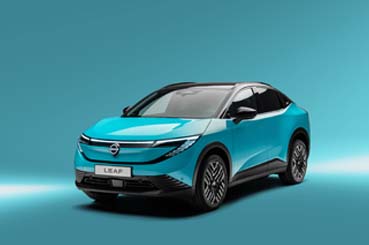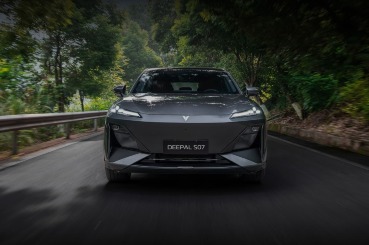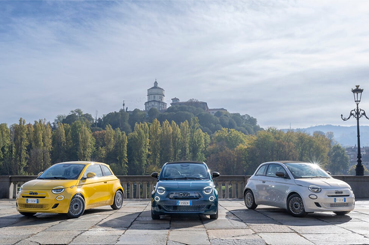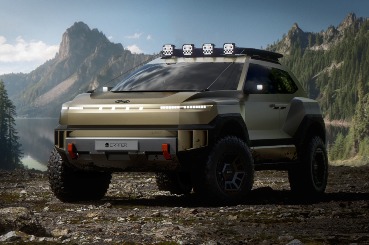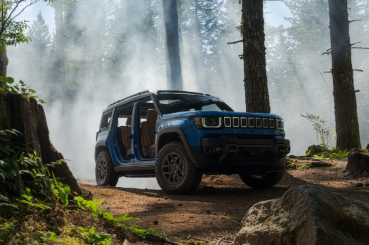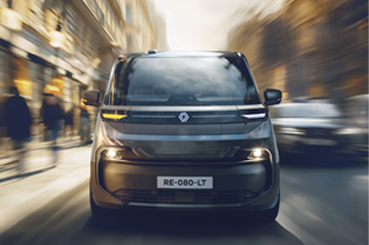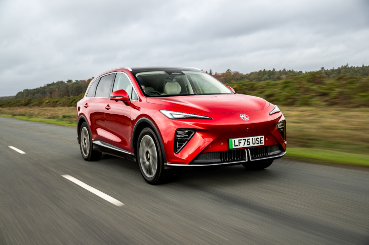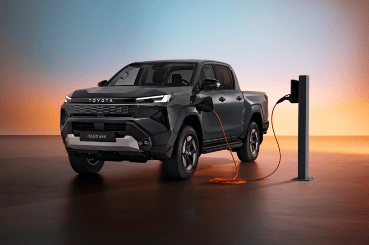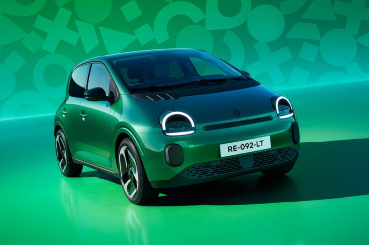Renault has a rich history of prioritising safety on the road. With over 50 years of dedicated research in this area, the automaker has been at the forefront of automotive safety innovations. From pioneering the use of crumple zones to developing advanced driver assistance systems, Renault has consistently pushed the boundaries of safety technology.
A Legacy of Safety
The journey began in 1951 when Renault established its crash test centre in Lardy, near Paris. This pioneering facility has played a crucial role in developing and testing safety features that have saved countless lives. Over the years, the centre has been expanded and modernised to accommodate the latest testing techniques and regulations.
Renault Human First
In 2023, Renault introduced the Human First Program, which now remains a cornerstone of its commitment to safety. This comprehensive approach aims to protect all road users, from drivers and passengers to pedestrians and cyclists. The program is based on the belief that safety is not just a feature to be added to a car, but a fundamental principle that should guide every aspect of vehicle design and development.
Collaborating with Firefighters
Renault’s commitment to safety extends beyond the road and into the realm of rescue operations. Since 2010, the automaker has been working closely with firefighters to enhance safety and reduce intervention time during accidents. Through partnerships with over 5,000 firefighters in 19 countries, Renault has developed innovative solutions to improve rescue operations.
One of the key initiatives is the Renault QRescue program within the Renault Human First Program. This program equips Renault vehicles with QR codes that provide firefighters with vital information about the car’s structure and safety features. This information includes details about the vehicle’s airbags, seatbelts, and other safety systems, as well as the location of the battery and fuel tank.
By scanning the QR code with a smartphone or tablet, firefighters can quickly and easily access this critical information. This allows them to make informed decisions about how to approach and extricate victims from the vehicle, reducing the risk of further injuries and property damage.
In addition to the Renault QRescue program, Renault has also collaborated with firefighters to develop other innovative solutions. These solutions include:
Fireman Access:
The Fireman Access system uses an adhesive disc over an opening in the vehicle’s battery casing. In the event of a fire, the pressure from a fire hose dislodges the disc, allowing water to flood the battery cells directly. This method can extinguish a battery fire within minutes.
SD Switch:
The SD Switch is a mechanical switch that disconnects the battery from the electrical circuit. Although batteries are designed to switch to a safety mode in the event of a fire, Renault recommends using the SD Switch to ensure electrical safety and protect rescue workers.
Customised Training Programs:
Renault has developed training programs that teach firefighters about the latest safety features in Renault vehicles, enabling them to respond more effectively to fires. Renault batteries are built with several safety systems, dramatically reducing any risk of a fire.
Renault’s partnership with firefighters highlights its commitment to safety. By collaborating, they help save lives and reduce property damage. Renault has also made its fire suppression technology for electric vehicles available to all manufacturers, encouraging wider adoption and improving safety for firefighters dealing with EV fires.

Advanced Safety Technologies
Renault has also implemented cutting-edge technologies to make its cars safer than ever before. ADAS (Advanced Driver Assistance Systems) features like automatic emergency braking, lane departure warning, and adaptive cruise control help prevent accidents and mitigate their severity.
Post-crash management systems further enhance safety by automatically activating emergency services and locking the doors to prevent occupants from being ejected.
A Proven Track Record
Renault’s commitment to safety has been consistently recognised. Almost all Renault cars have achieved a five-star rating in Euro NCAP safety tests, demonstrating the brand’s dedication to protecting its customers.
These ratings are based on a rigorous assessment of various safety criteria, including adult occupant protection, child occupant protection, pedestrian protection, and safety assist.
Beyond the Road
In addition to its focus on road safety, Renault is also committed to promoting pedestrian safety. The automaker has conducted extensive research to understand pedestrian behaviour and has implemented design features that reduce the risk of injuries in the event of a collision. These features include pedestrian-friendly bumpers, pop-up bonnets, and advanced pedestrian detection systems.
A Culture of Safety
Renault’s Human First Program is more than just a collection of technologies; it’s a fundamental part of the company’s culture. Employees at all levels are encouraged to contribute to safety initiatives and to prioritise the well-being of all road users. This culture of safety is reflected in everything Renault does, from vehicle design and development to customer service and after-sales support.
By prioritising safety and continuously innovating, Renault is setting a new standard for the automotive industry. The Renault Human First Program is a testament to the automaker’s unwavering commitment to protecting the lives of all road users


